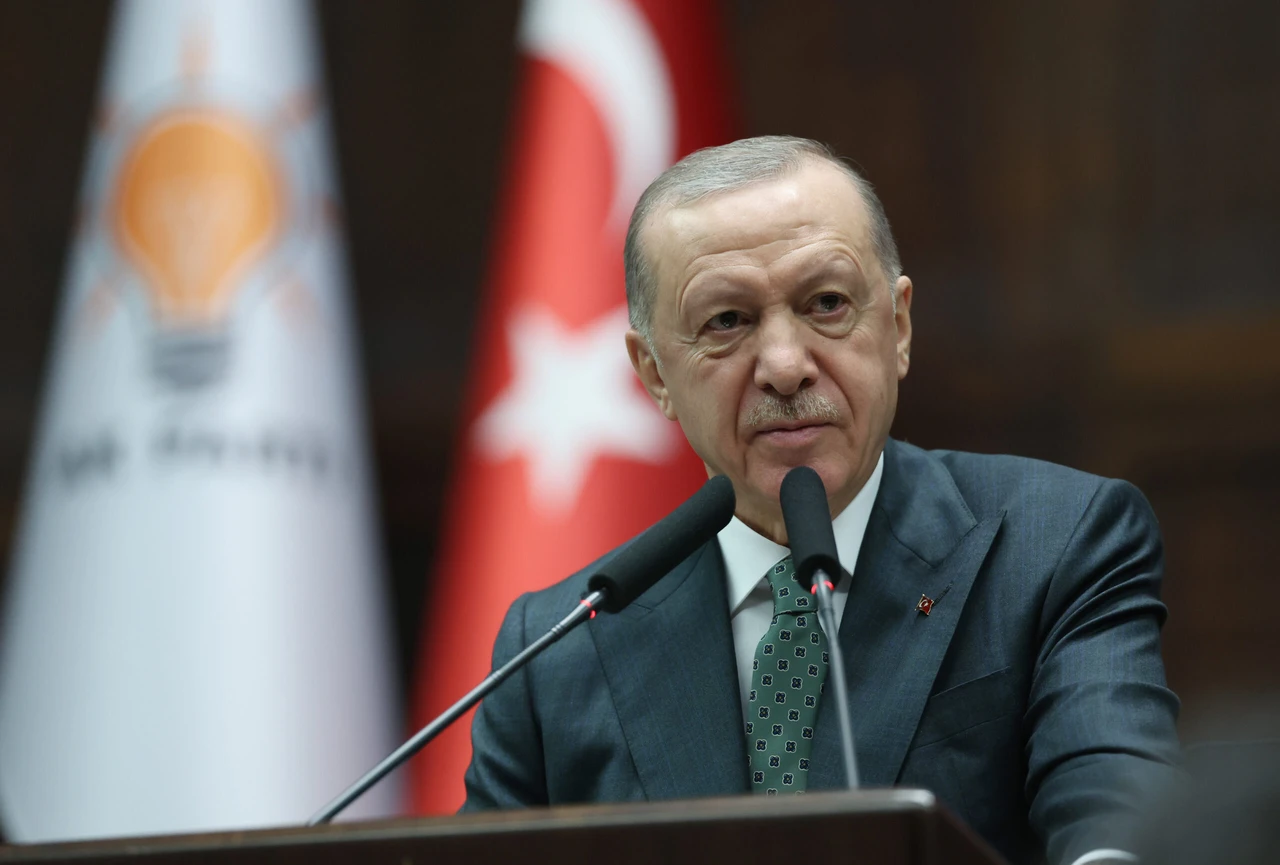Early retirement major problem for Türkiye: Nobel Laureate Acemoglu
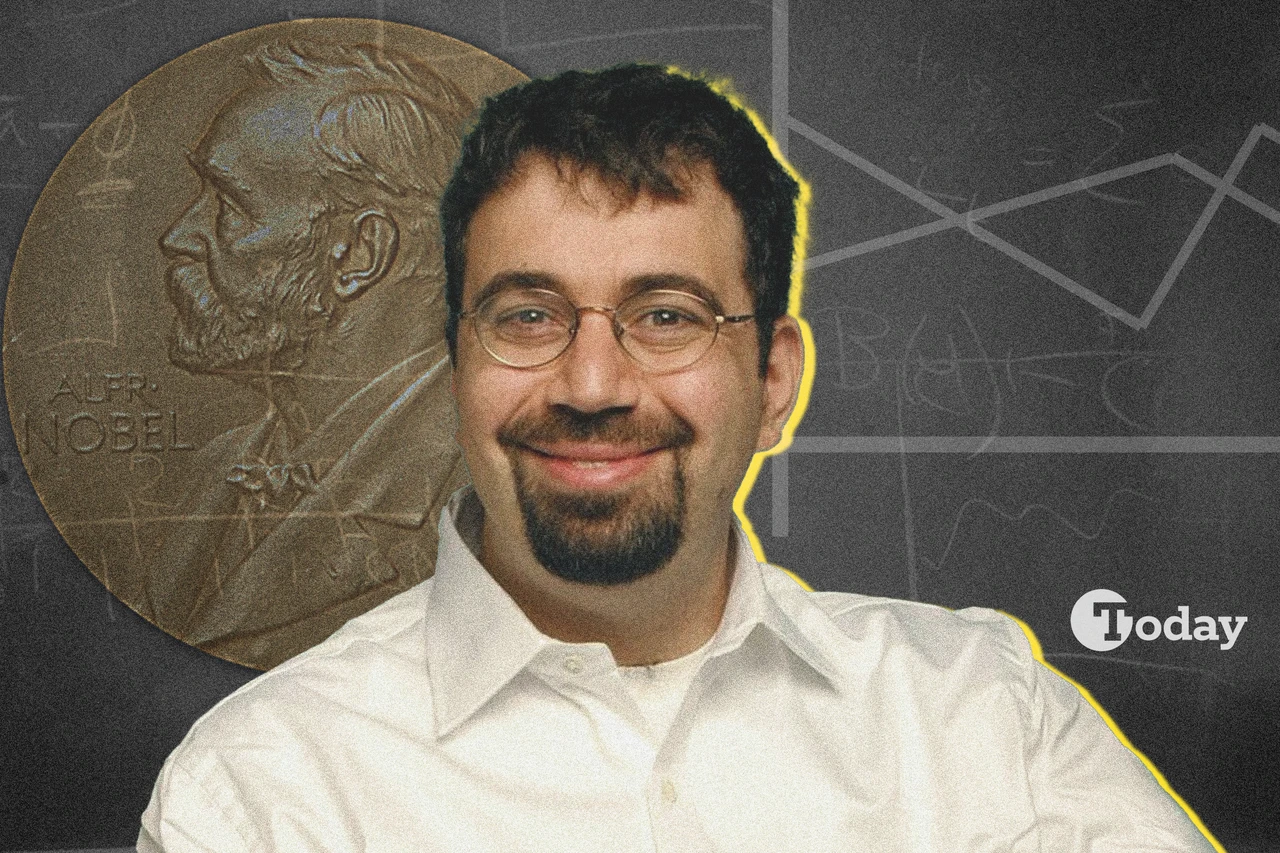 America-Turkish economist Daron Acemoglu’s career of excellence culminates in the Nobel Prize for economics, October 14, 2024. (Illustration by Mehmet Akbas/Türkiye Today)
America-Turkish economist Daron Acemoglu’s career of excellence culminates in the Nobel Prize for economics, October 14, 2024. (Illustration by Mehmet Akbas/Türkiye Today)
Nobel Laureate and MIT Professor Daron Acemoglu discussed the demographic and economic challenges facing Türkiye in a speech at the Turkish Institutional Investors Association (TKYD) summit.
Acemoglu highlighted that early retirement has become one of Türkiye’s most significant economic issues.
Early retirement, demographic risks in Türkiye
Acemoglu pointed out that Türkiye’s aging population is quickly becoming a problem, with early retirement exacerbating the situation.
“The number of active insured individuals, or workers, has decreased significantly compared to passive insured people in recent years,” said Acemoglu.
He warned that this demographic shift would likely lead to increased economic difficulties in the coming years. With both an aging population and a growing trend toward early retirement, the country faces challenges in maintaining its workforce and economic growth model.
Türkiye is even younger than other countries, and its young population was always a force that increased Türkiye’s potential and dynamics throughout the 20th century. But if you look at Türkiye’s aging rate here, it is increasing almost as fast as Japan, if not as fast as China. So this is a very rapid change for Türkiye.
We need to understand what this change will bring. But beyond this change, Türkiye actually faces even more demographic risks. Because at the same time with an aging population, the problem of early retirement in Türkiye is starting to increase very rapidly. In other words, the number of active insured, that is, employees in Türkiye, has started to decrease significantly compared to passive insured, especially in the last 5-6 years.
Because people are retiring early. With this demographic change, of course, it will become important for people to work longer, to work longer or to use their working lives more properly. There is also a trend in Türkiye that goes against this.
Daron Acemoglu
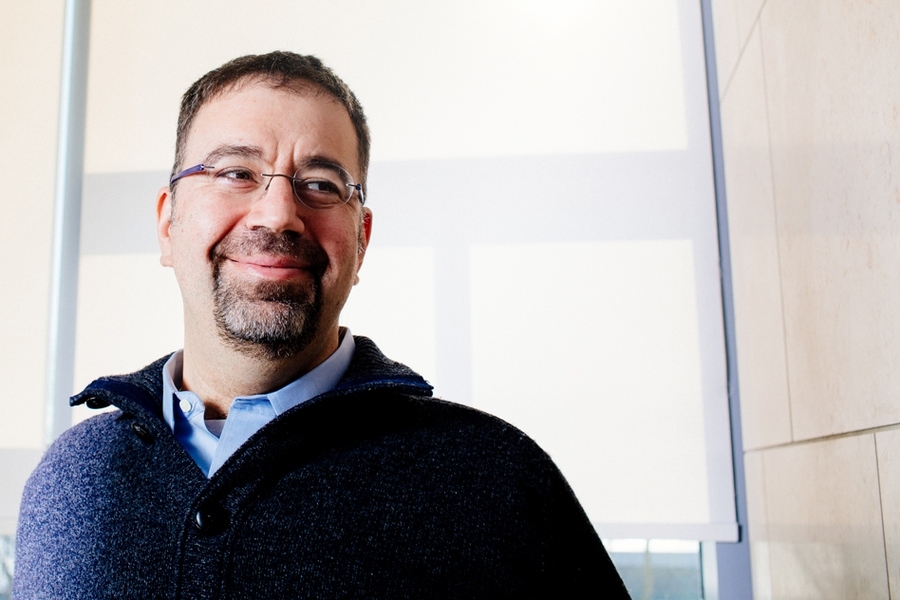
Technology, productivity challenges
Acemoglu discussed the four main uncertainties facing Türkiye: artificial intelligence, inequality and employment, aging population, and global tensions. These uncertainties are not only affecting the world but will significantly impact Türkiye, he noted.
He also pointed out Türkiye’s ongoing productivity issues, emphasizing that the country’s economic growth has been of low quality. Despite some periods of progress in the early 2000s, productivity growth has stagnated since 2006, limiting the country’s potential for higher-value growth.
Unfortunately, the 1990s were a lost era in Türkiye and there was no improvement in the total factor. At the beginning of 2007, a different picture emerges.
There is a total factor productivity above 3 percent, or even close to 5 percent, just like what we saw in the US for 10 years, when it grew very fast. During this period, if you remember, foreign capital came in very fast. Institutional reforms improved the state of the economy.
Especially inflation was brought under control. Important steps were taken to control corruption, to bring corruption under control. But unfortunately, this period is coming to an end and from 2006 until now, it is again 0 percent growth.
In other words, Türkiye is showing low quality growth because it has not been able to increase productivity.
Daron Acemoglu
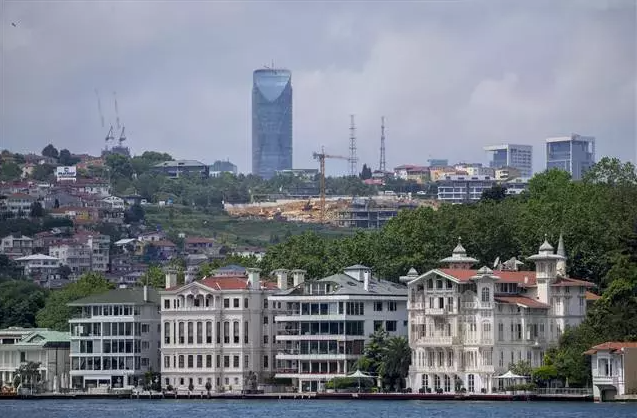

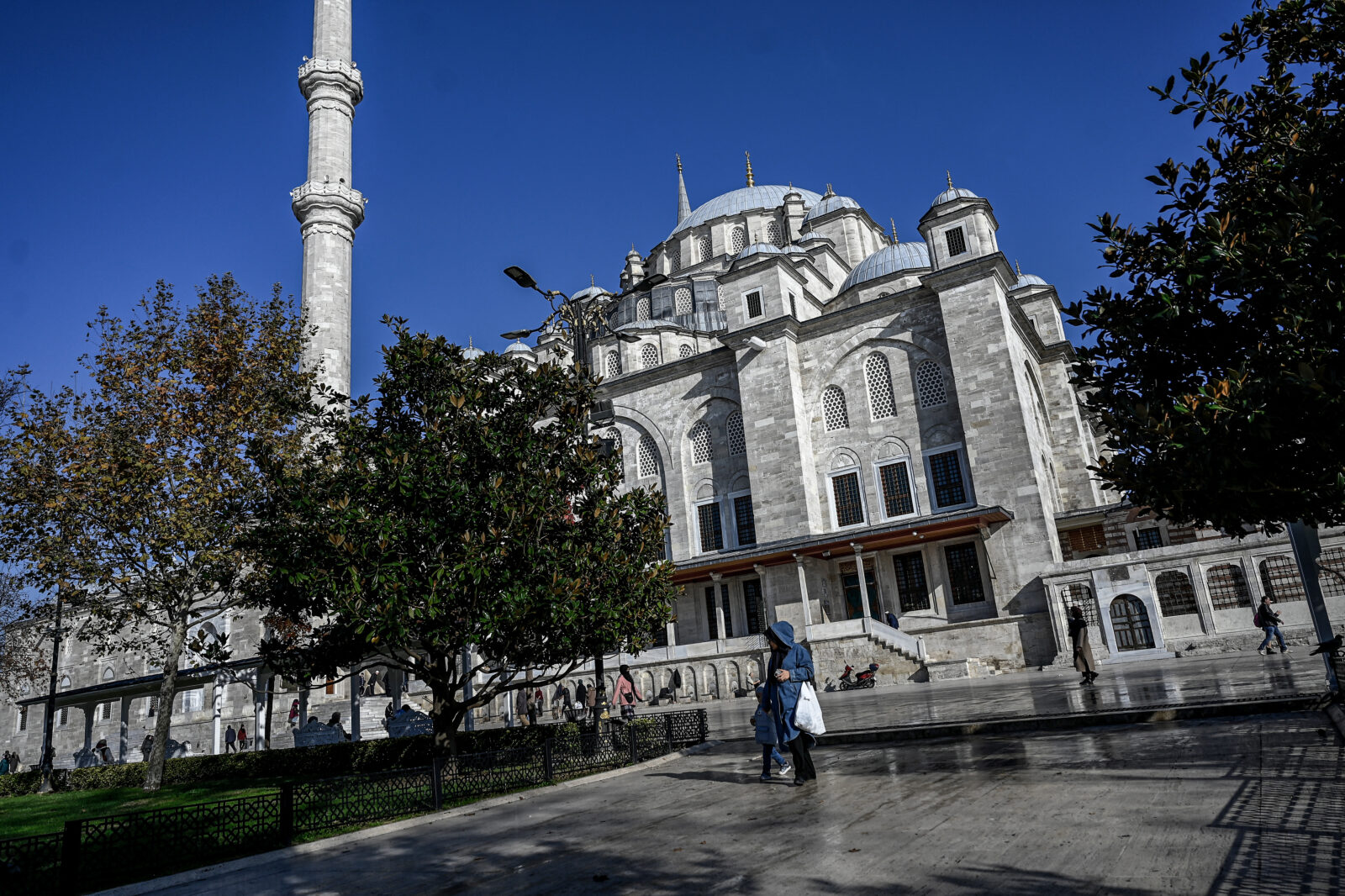

Education and institutional reforms
Acemoglu stressed that Türkiye’s education system is not adequately preparing young people for the demands of the technology-driven global economy.
He pointed out that Türkiye lags behind many countries in terms of high school and university graduation rates, especially in fields related to technology. Additionally, he criticized the weakening of Türkiye’s institutional reforms, particularly after the 2008 crisis.
He noted that improvements in governance, anti-corruption measures, and political stability were crucial for the country’s future growth.
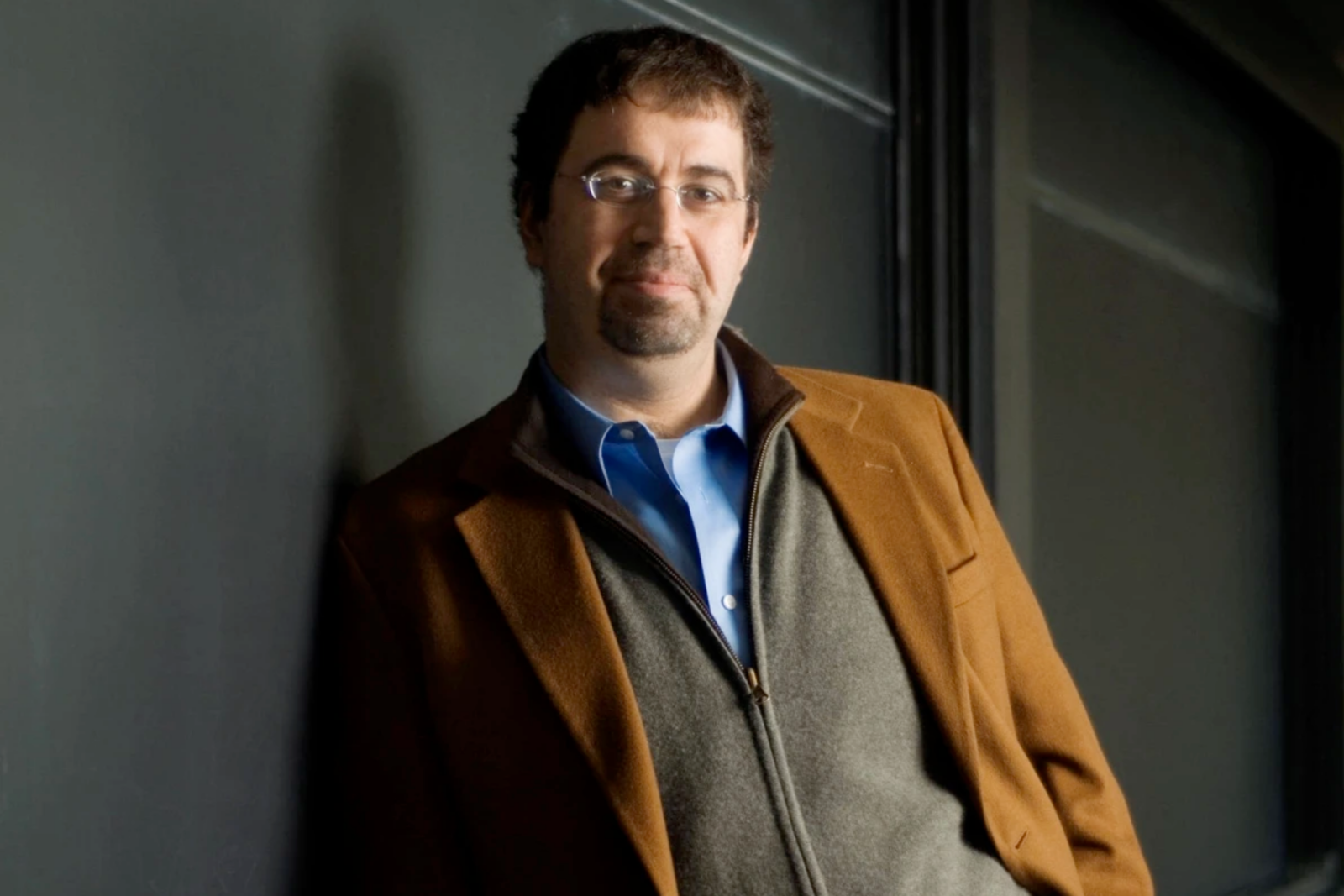
Critical warnings for Türkiye’s future
Finally, Acemoglu issued a critical warning for Türkiye’s future. He emphasized that the country’s window of opportunity is closing rapidly. “Türkiye must invest more in human capital and institutions,” he said. If Türkiye does not act to use technology efficiently and improve its workforce, it will face significant economic and social challenges in the long term.


